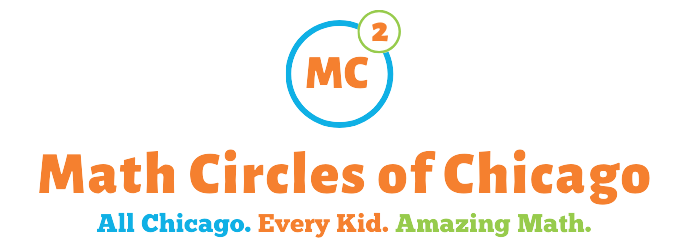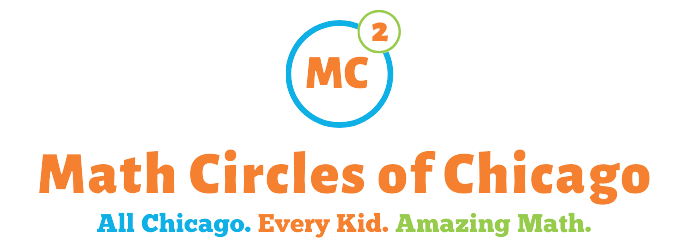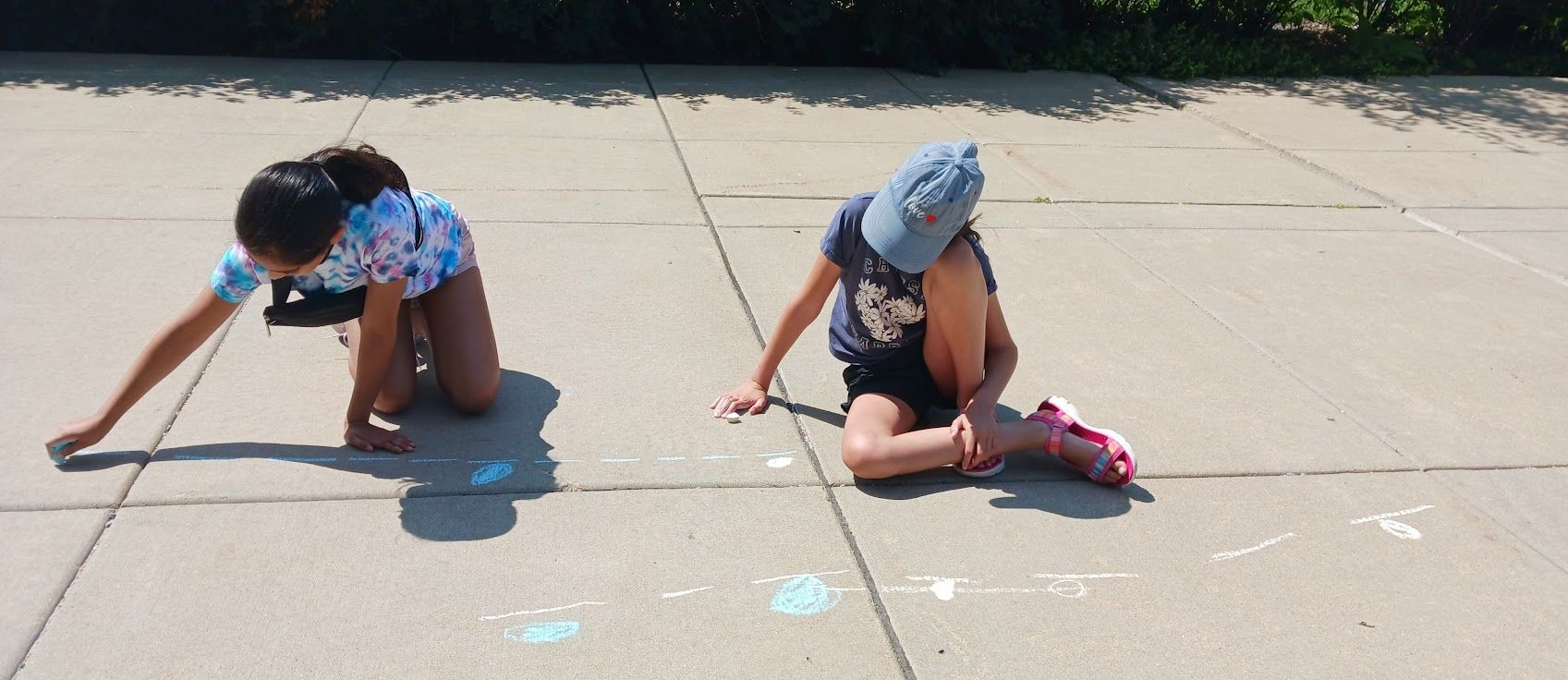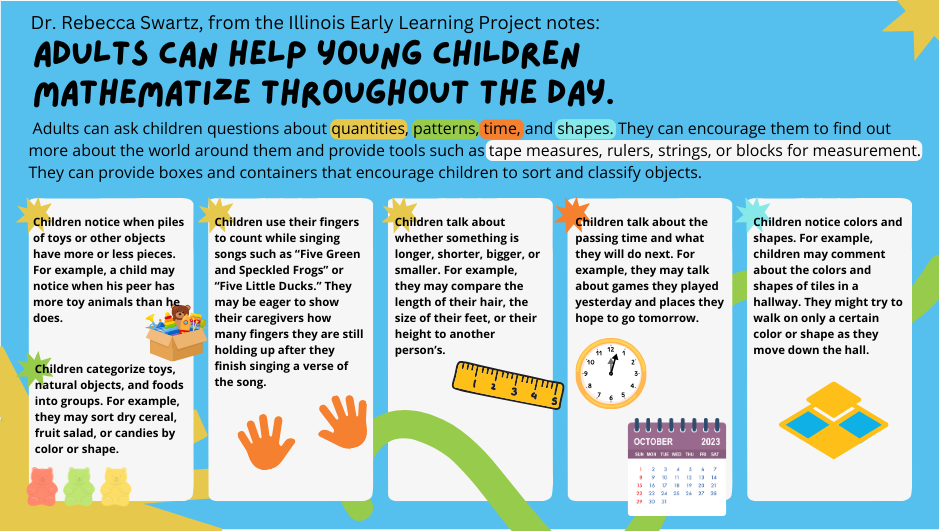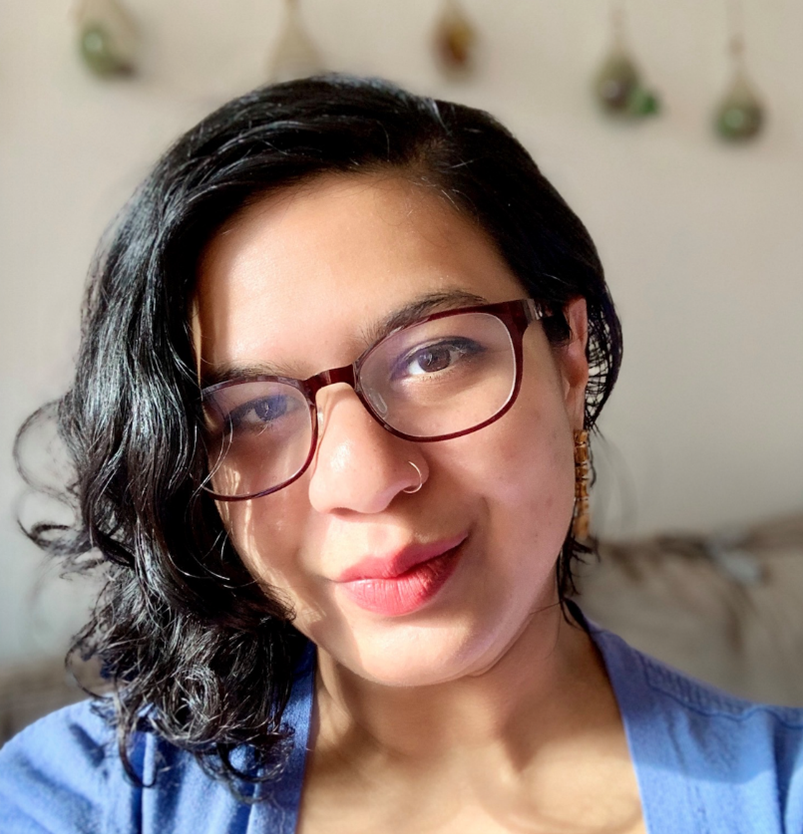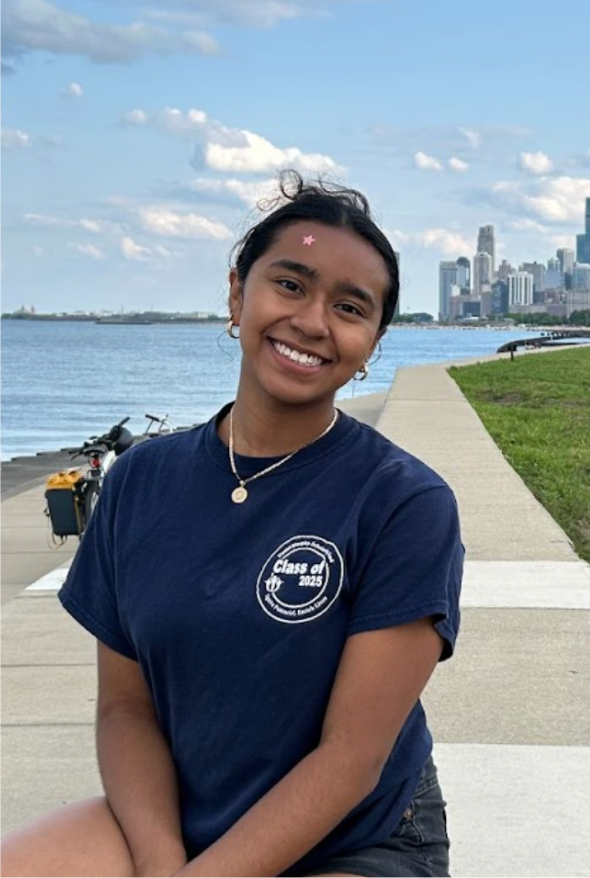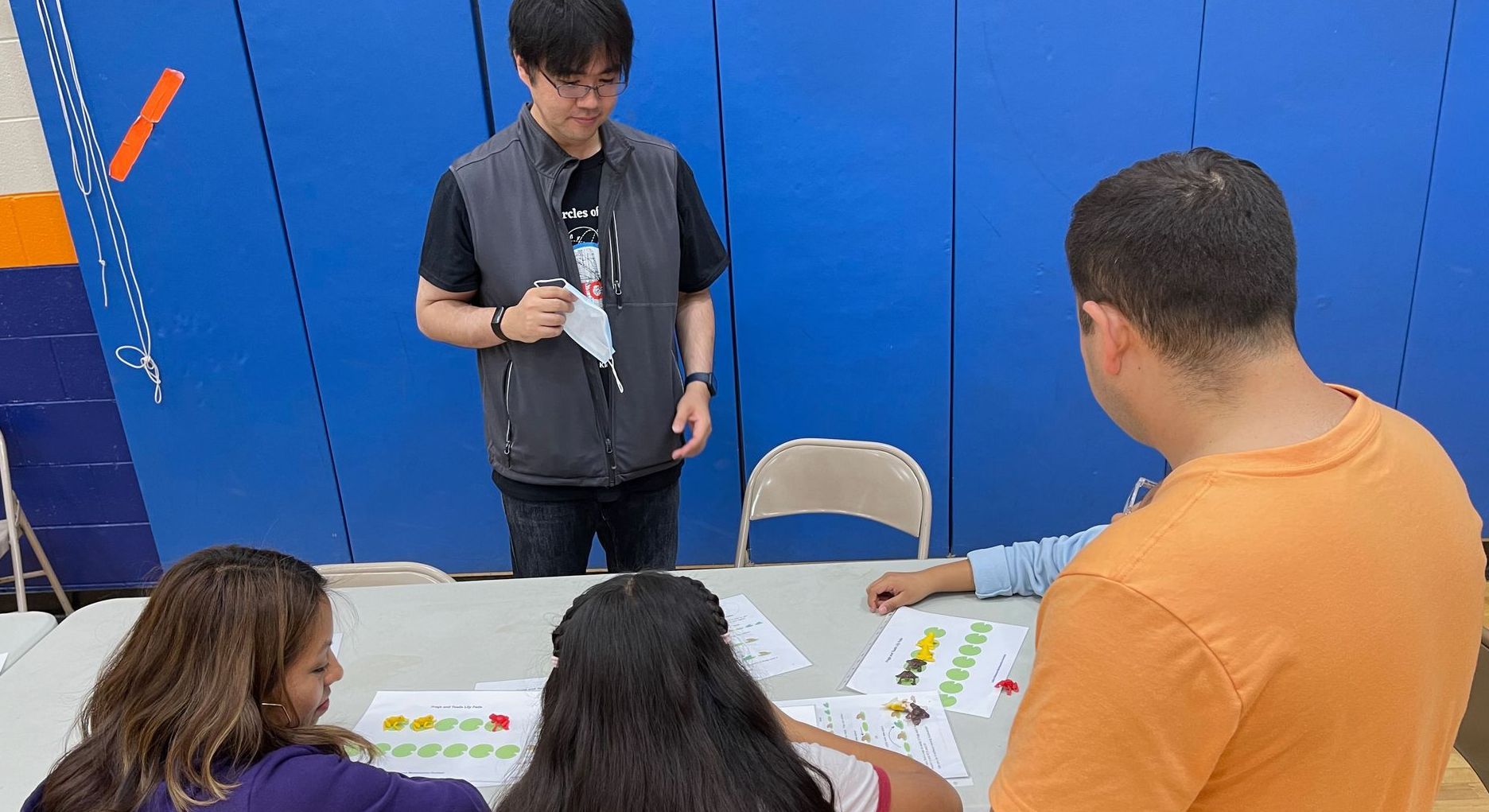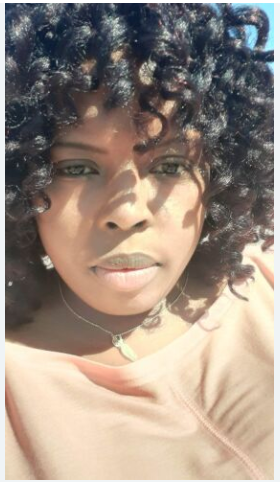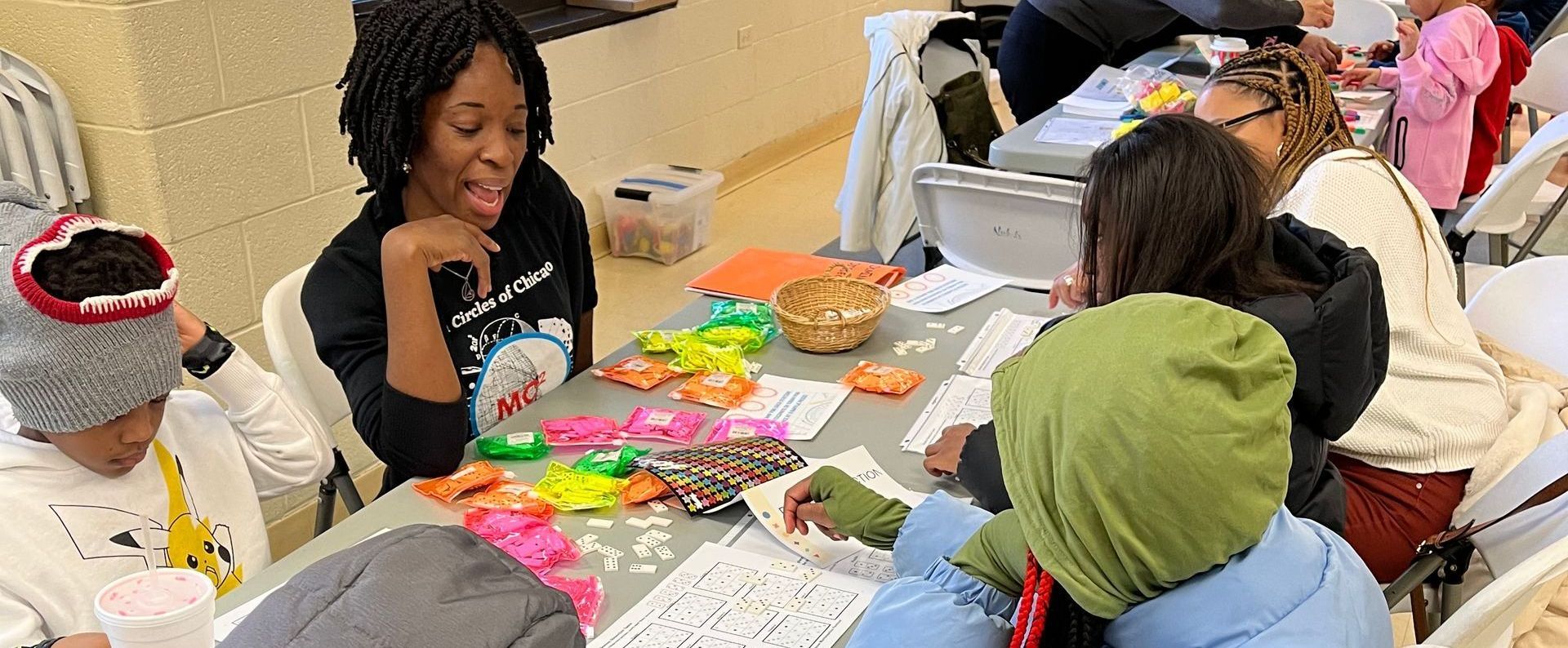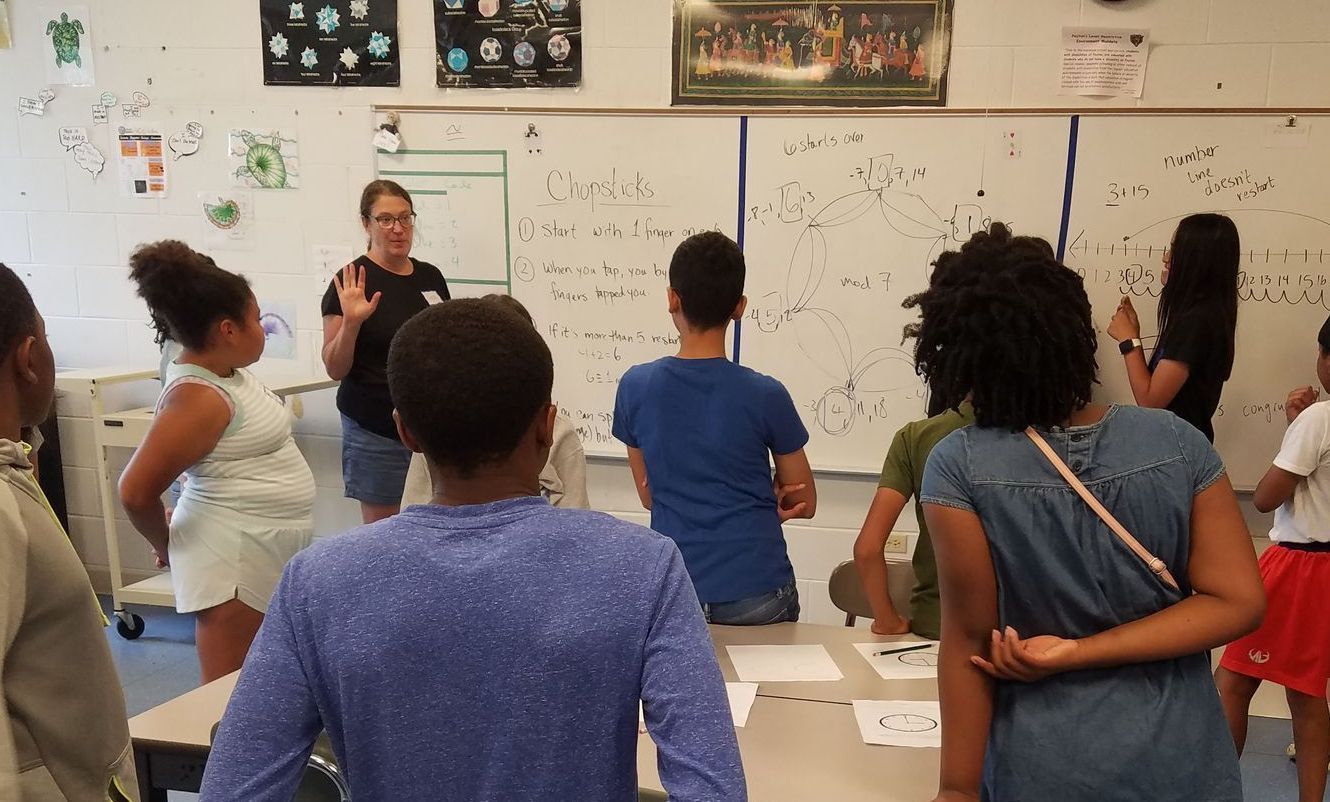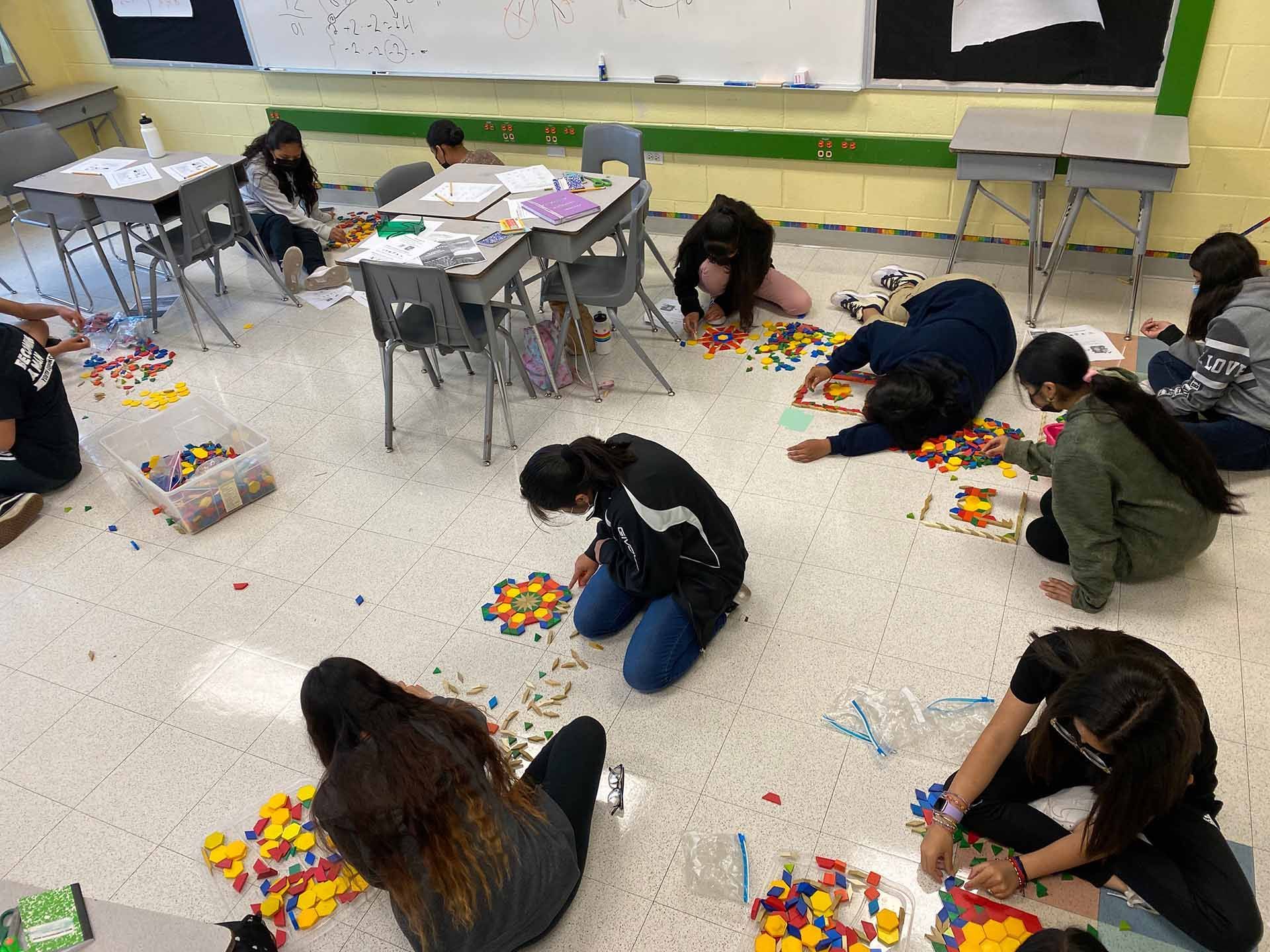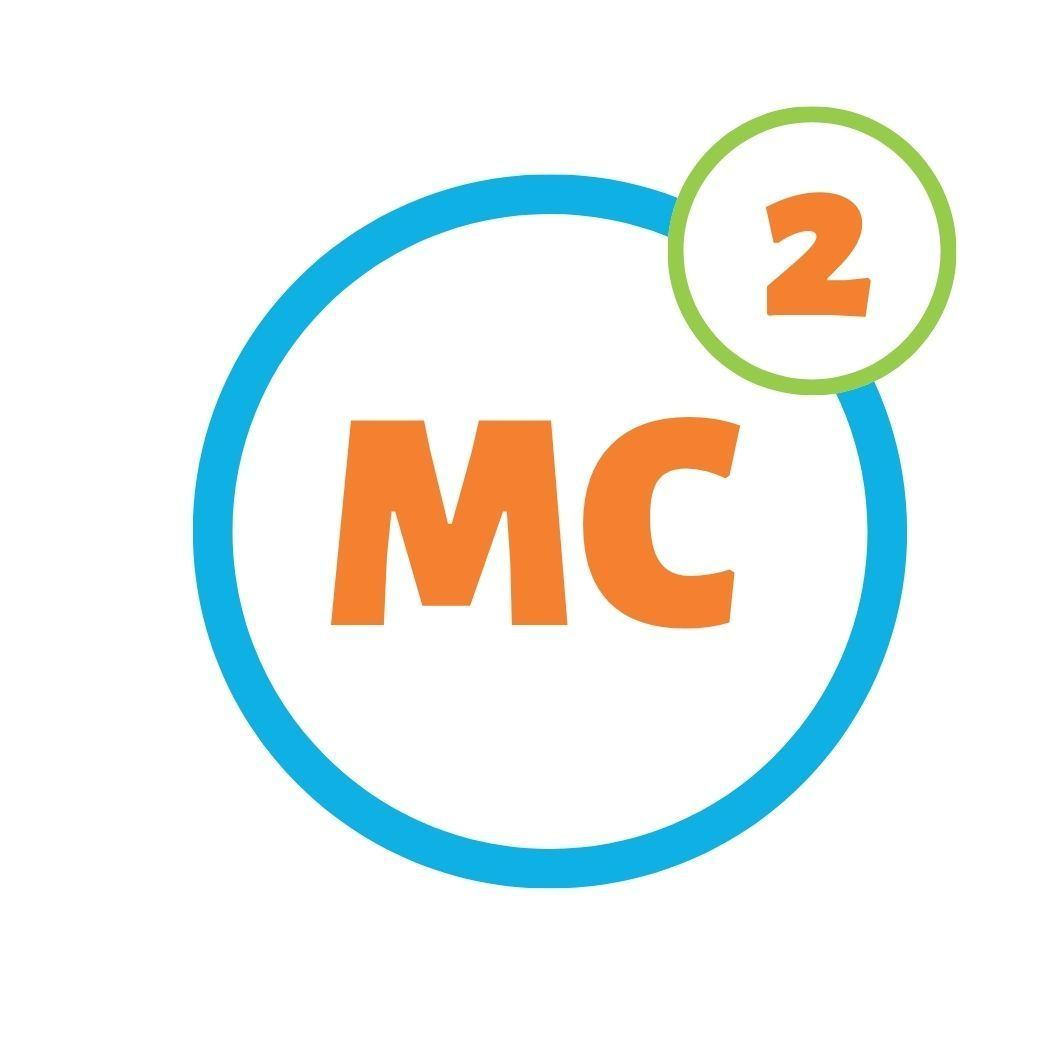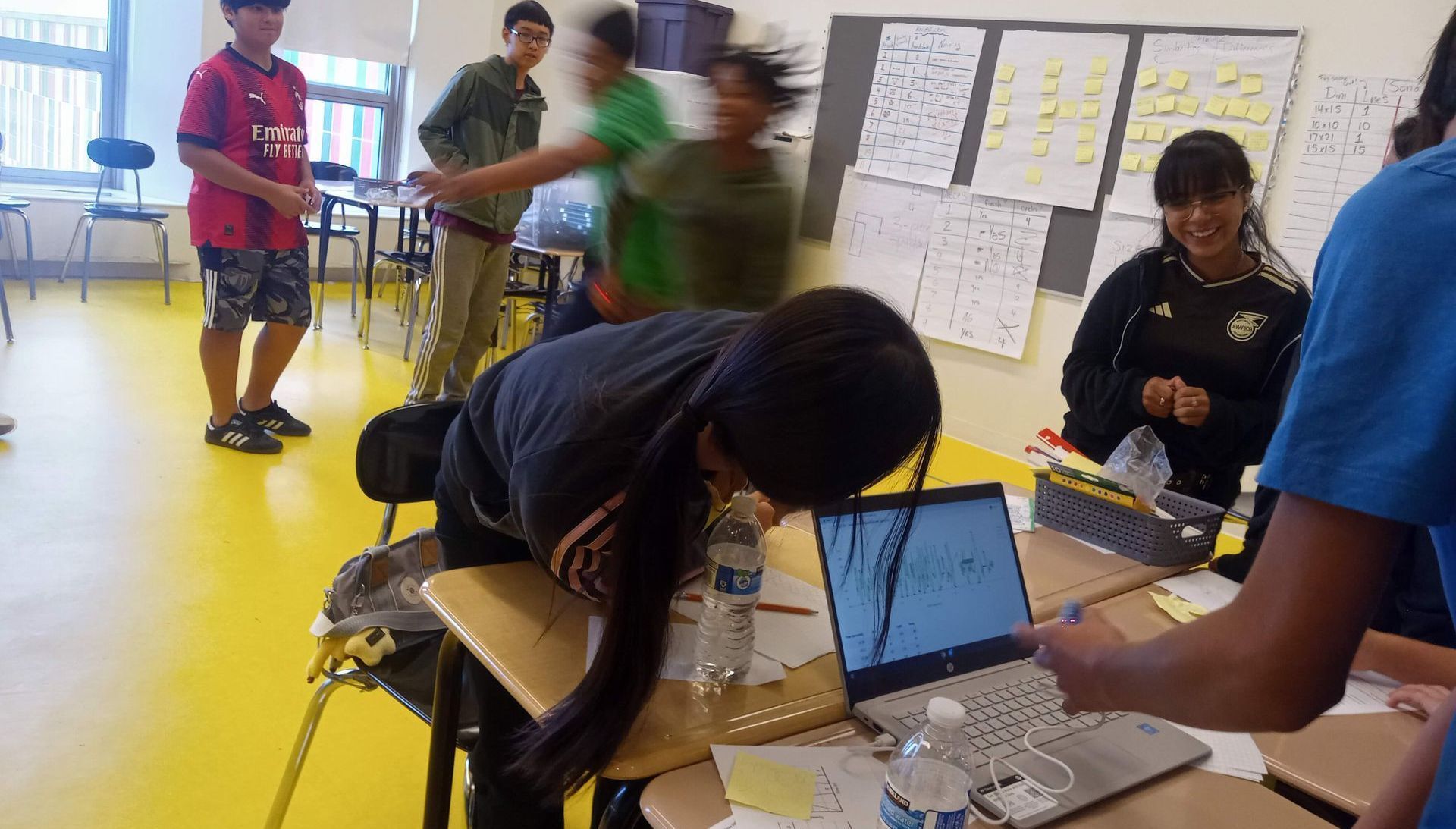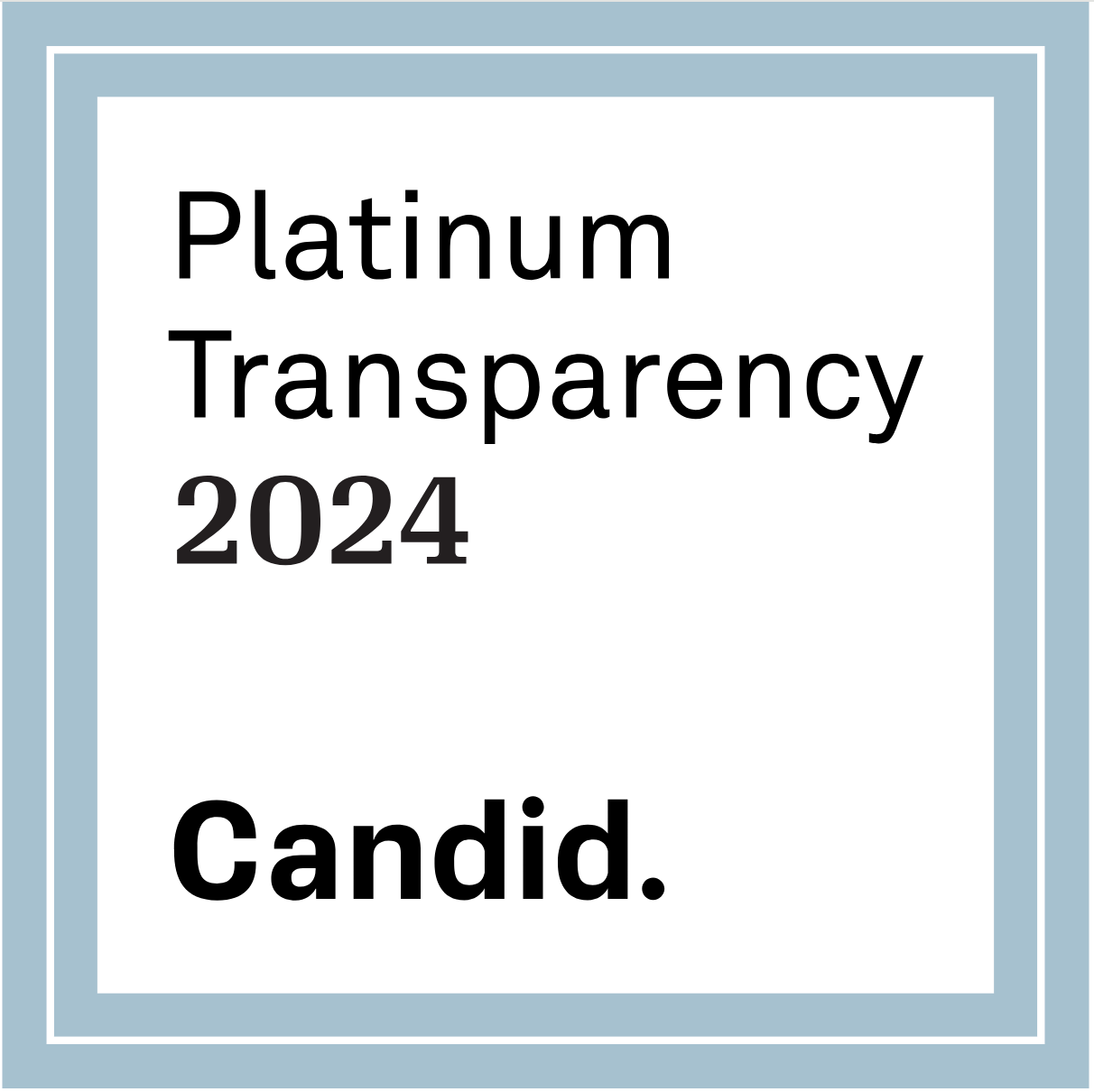I was born in Karachi, Pakistan and my parents, particularly my dad, did their best to invest into both my sister and I, so that mathematizing was possible everywhere even before this word existed! They would often connect mathematics to cultural experiences including food, clothing, religious gatherings celebrating Eid-al-Adha, and work.
Some Examples:
Example 1: We learned to guesstimate how many gulab jamuns (a sticky sugary fried dough ball covered in syrup) would fit in the frying pan or bowl for upcoming Eid celebrations, a holiday celebrated by Muslims every year culminating Ramadan.
Example 2: My dad was a cab driver in Chicago and would oftentimes collect foreign currency from his passengers. He would bring these coins and bills home, and my sister and I would have fun counting the bills and using our developing multiplication skills to convert the currency into American dollar equivalents.
What are some cultural ways you can connect what happens in the day to day of living to mathematics at home? I’ve offered a few above but would love to learn more about how you weave conversations about counting, patterns, reasoning, and logic into your child’s life!






